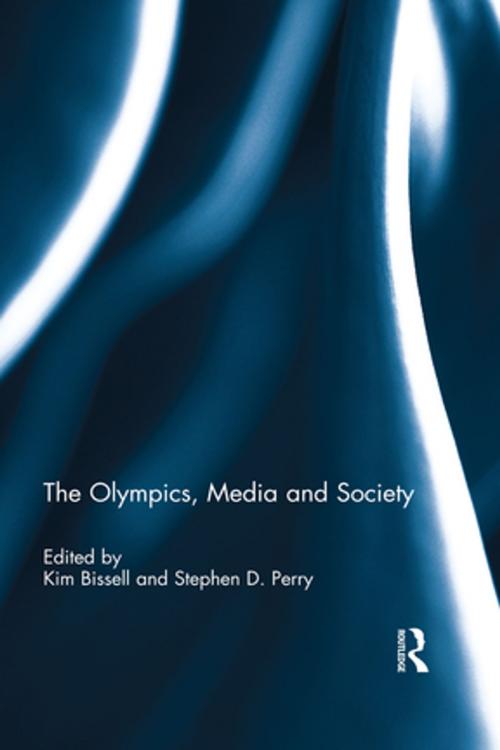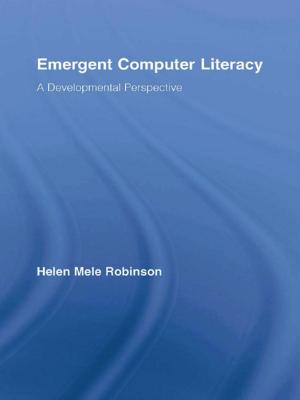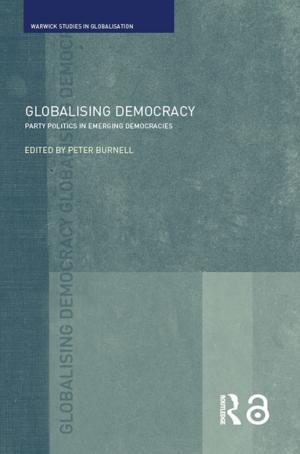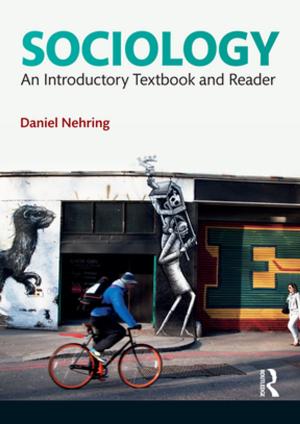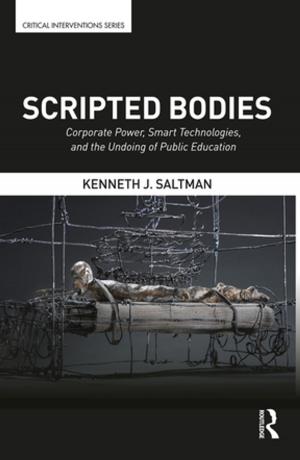The Olympics, Media and Society
Nonfiction, Sports, Olympics, Social & Cultural Studies, Social Science| Author: | ISBN: | 9781317976875 | |
| Publisher: | Taylor and Francis | Publication: | July 16, 2015 |
| Imprint: | Routledge | Language: | English |
| Author: | |
| ISBN: | 9781317976875 |
| Publisher: | Taylor and Francis |
| Publication: | July 16, 2015 |
| Imprint: | Routledge |
| Language: | English |
When the general public follow the Olympic Games on television, on the internet, even in the newspapers, they feel like they have themselves experienced the performances of the athletes. This book explores whether it is ever possible to experience the Olympic Games as an athletic event without considering the effect of the media. It addresses a multitude of ways in which the intermediary of media production alters the experience of the Olympics.
Spectators watching Olympic events from the stands are less subjected to the language of the commentators, journalists, and even the athlete interviews as they form impressions and understandings of the games. However, even those who sit in the stands for the opening ceremonies or walk down the streets of the Olympic Village and the host city are treated to media spectacles that are intentionally produced to display the attitudes, values, and beliefs of the host country and its Olympic Committee. This book performs the important task of analysing ways in which the media serves as both an integral component and an arbiter of the Games for society.
This book was originally published as a special issue of Mass Communication and Society.
When the general public follow the Olympic Games on television, on the internet, even in the newspapers, they feel like they have themselves experienced the performances of the athletes. This book explores whether it is ever possible to experience the Olympic Games as an athletic event without considering the effect of the media. It addresses a multitude of ways in which the intermediary of media production alters the experience of the Olympics.
Spectators watching Olympic events from the stands are less subjected to the language of the commentators, journalists, and even the athlete interviews as they form impressions and understandings of the games. However, even those who sit in the stands for the opening ceremonies or walk down the streets of the Olympic Village and the host city are treated to media spectacles that are intentionally produced to display the attitudes, values, and beliefs of the host country and its Olympic Committee. This book performs the important task of analysing ways in which the media serves as both an integral component and an arbiter of the Games for society.
This book was originally published as a special issue of Mass Communication and Society.
